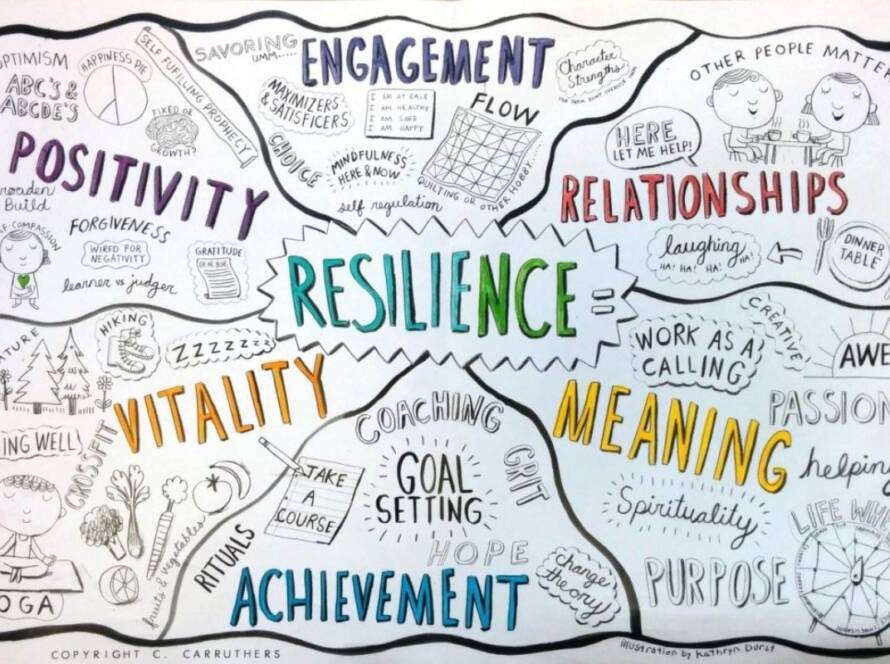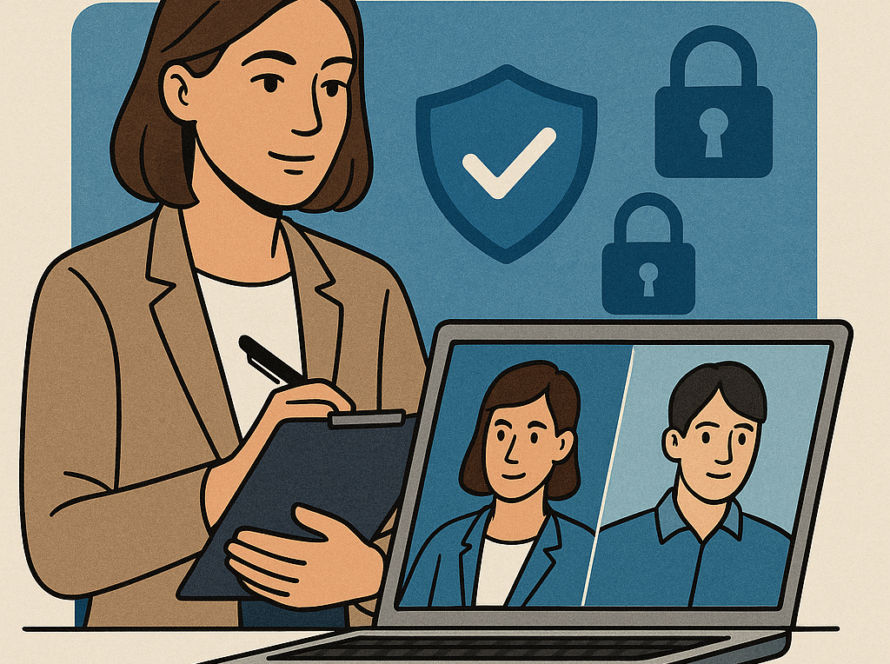The Myth of “More”
We live in a world obsessed with productivity hacks—5 AM routines, hustle porn, and apps that track every minute of your day. But what happens when the quest for “optimal performance” becomes a one-way ticket to burnout? Hustle culture, once glorified as the path to success, is now exposing its toxic underbelly. Let’s unpack why “doing more” often means feeling worse—and how to escape the grind.
What Is Toxic Productivity?
Toxic productivity is the compulsive need to stay busy, even at the expense of mental and physical health. Unlike healthy ambition, it’s driven by guilt, fear, and societal pressure to equate self-worth with output. Key signs include:
- Chronic overworking: “I’ll rest when I’m dead” mentality.
- Guilt over downtime: Feeling anxious when not “productive.”
- Ignoring boundaries: Answering emails at 2 AM, skipping meals for deadlines.
Hustle culture normalizes this behavior, framing exhaustion as a badge of honor.
Why Productivity Hacks Backfire
While tools like time-blocking or the Pomodoro Technique can help, they often ignore a critical truth: humans aren’t machines. Here’s why the system breaks down:
1. The Diminishing Returns of Hustle
Working 12-hour days might boost short-term output, but studies show productivity plummets after 50 hours/week. Fatigue erases creativity, and mistakes multiply.
2. The Multitasking Myth
Your brain isn’t wired to juggle 10 tasks at once. Constant context-switching increases stress hormones like cortisol, linked to anxiety and heart disease.
3. Sleep Is Non-Negotiable
Sacrificing sleep for productivity? Research proves sleeplessness reduces cognitive function as much as alcohol intoxication.
4. The Comparison Trap
Social media showcases “perfect” routines (thanks, Elon Musk!), making rest feel like failure. But curated highlight reels ≠ reality.
The Mental and Physical Toll
Toxic productivity doesn’t just drain energy—it rewires your brain and body:
- Mental health: Linked to anxiety, depression, and emotional numbness.
- Physical health: Chronic stress weakens immunity, disrupts digestion, and raises heart disease risk.
- Relationships: Constant busyness isolates us, eroding connections with loved ones.
A 2022 study found 60% of Gen Z and Millennials feel pressured to “hustle” despite declining mental health.
Breaking Free: Reclaiming Balance
Escaping toxic productivity requires rewiring both personal habits and cultural norms:
Personal Shifts
- Embrace “good enough”: Perfect is the enemy of done. Celebrate progress, not perfection.
- Schedule rest like meetings: Guard downtime as fiercely as deadlines.
- Audit your inputs: Unfollow accounts that glorify burnout.
Systemic Solutions
- Employers: Promote results over hours logged. Offer mental health days and disconnect policies.
- Policy reforms: Push for living wages and paid leave to reduce financial desperation driving overwork.
- Education: Teach time management and emotional literacy in schools.
Real-Life Example: The 4-Hour Workweek Paradox
Tim Ferriss’s iconic book inspired millions to optimize their time—but many misinterpreted it as “do more faster.” Ferriss himself later emphasized: “Being busy is a form of laziness.” True productivity means prioritizing what matters, not filling every second.
Redefining Success
Productivity isn’t evil—but when it becomes an endless race, we lose our humanity. At Unravelling Minds, we believe in working smarter, not harder. Let’s build a world where success includes joy, health, and connection.
“Productivity should serve you, not enslave you.”
Engage With Us:
Have you fallen into the hustle trap? What’s one small step you’ll take to prioritize balance? Reach out to us at +91-9310885868 – we’re here for you.



